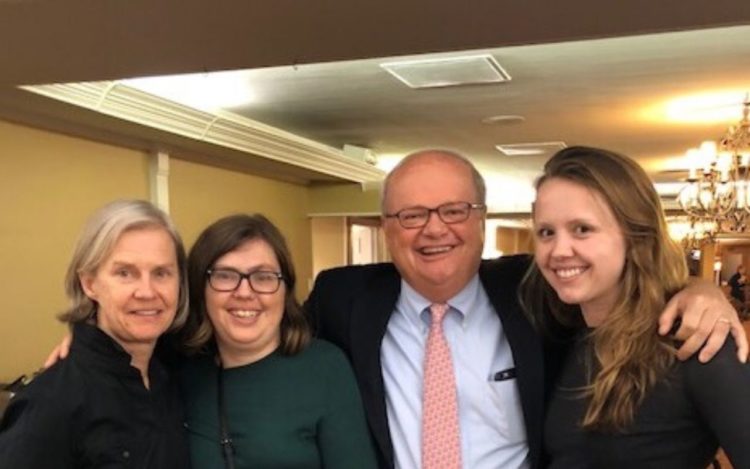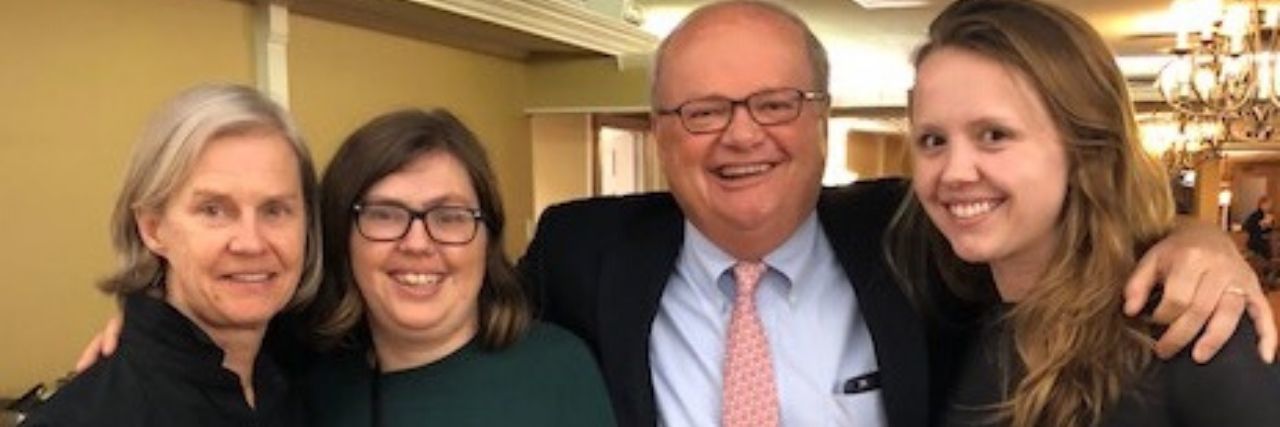The Struggles of Coping With a Nonverbal Learning Disability After High School
When people think of learning disabilities, some may think once school is over a person’s disability is no longer an issue. The truth is while people do learn to cope and manage their challenges in school, those struggles may still be present during adulthood and can have a negative impact. For many of us adults with a nonverbal learning disability (NVLD), the challenges can become harder because we are expected to have gained the independence in school to successfully navigate the real world.
One of the first challenges a person with a NVLD may encounter after school is the use of technology. For people who have a visual processing or writing disorder, creating and composing error-free emails is challenging. No matter how many times a message is proofread, it’s not uncommon for the smallest error like forgetting a period at the end of a sentence to happen. Those types of errors can lead to negative consequences and people may think the person is unprofessional. Another way regular use of email can be difficult for someone with an NVLD is that they are not able to read nonverbal communication, which may result in overuse. Emails which should only require one or two responses could end up taking three or more responses, and can lead others to become frustrated as often it is the simplest question or direction. People with a NVLD often need specific written communication or to be verbally told in person what is expected of them.
Another struggle for a person with a NVLD is that pragmatic language difficulties can become much more noticeable. Even something as simple as trying to create plans can suffer. For example, if you call someone to hangout but every time they say “no” with a reason like, “sorry working late,” or “I have a family thing,” a person with a NVLD may not grasp the social clue that they aren’t really interested in getting together. Those with a NVLD may also deal with serious challenges during a job interview. They may wonder what the interview team thought of them during and after an interview, and they may have difficulty picking up on the appropriate cues during the interview. In that case the person may not act in sync with what was actually going on in the interview, and their chances of getting the job may suffer because they didn’t accurately pick up on the right cues.
Having weak communication and social skills can have a negative impact on a person’s daily living skills as well. For many people with a NVLD, being organized can also be a tremendous struggle that can make maintaining a reasonably neat space difficult. It is not unusual for a person to forget to pick up the morning mess because they are overwhelmed just managing their to-do list for the day. That can lead to many headaches as the person is trying their hardest, but things are still not organized. It’s important to be honest about these types of struggles and for the person to ask a parent or a roommate for a reminder. It’s helpful to ask for assistance as working together can make things less overwhelming.
For me personally, the hardest part of it was my organizational skills as I found myself struggling a great deal with keeping a neat and organized space. What helped me was to keep an index card for what needed to be done for the day. I crossed off each task as I completed it, and it became less overwhelming because I didn’t need to commit everything to memory. Of course with deficient gross motor skills folding clothes was the hardest. I often just kept my clothes on a drying rack which I knew wasn’t the right space for them, but at least they stayed neat. One thing that many people don’t understand was the difficulty I had with something as easy as putting dishes away. For an adult with a NVLD, even lining them up can be a challenge and can lead to dishes breaking. Thankfully, I had a mother who was a special education teacher who knew and understood my shortcomings as a person with a NVLD and prepared me to work through them.
As difficult as it seems managing life with a NVLD, it is not as hard to cope with as a person may think. The first step is to be honest and open. If the person doesn’t mention it, it is a hidden disability and others may view them as lazy. Opening up to those around could help them understand you better. In college I was honest and with the support of my mom, we came up with a plan together to minimize my challenges. It is certainly not easy to be open, but it leads to better outcomes than being misjudged and it makes life easier to navigate. With the right support, you can without a doubt go after your dreams and goals just like your friends and family do.

Photo submitted by contributor.

